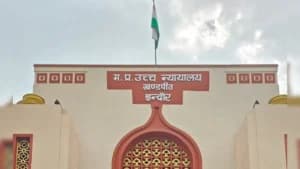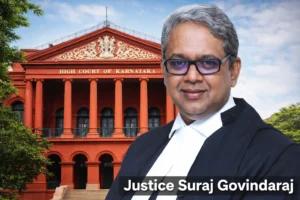In a significant ruling, the Rajasthan High Court dismissed a petition seeking amendment to the written statement in a civil suit, emphasizing that a plaintiff cannot be compelled to include or exclude specific individuals unless they are indispensable under Order 1 Rule 10 of the Civil Procedure Code (CPC).
“The plaintiff is the master of the lis and it is for him to see whom he wants to sue or proceed against. The defendant cannot decide it on behalf of the plaintiff,” the Court stated.
The case involved a dispute between petitioner Shrilal and respondent Smt. Bhagwati Devi. The respondent filed a suit for ejectment, rent arrears, and possession of a property purchased from Smt. Mithu Devi, wife of one Banshilal. She alleged an oral tenancy with Shrilal.
Shrilal denied the tenancy and claimed prior possession based on a 1986 agreement with the previous owner. He filed an application under Order 6 Rule 17 CPC, seeking to amend his written statement to highlight the non-joinder of Banshilal and allege concealment of facts by the plaintiff, along with a claim for special damages under Section 35A CPC.
Read Also:- Allahabad High Court Orders Electricity Restoration at SP MP’s Home, Stays ₹1.91 Crore Power Dues
However, the Trial Court dismissed this application on August 8, 2024, which led to the current petition before the High Court. The petitioner argued that the amendment aimed only to elaborate on already stated facts and pointed out a typographical error regarding Banshilal’s name, which was addressed in a pending review petition.
Justice Arun Monga, while rejecting the petition, held that the amendment plea lacked merit as it did not present new or unknown facts. Instead, it reiterated earlier claims. He further stated that such applications must be filed at the start of proceedings, not at the end of the trial.
“Such an application should have been filed at the very threshold of the suit. Filing it at this stage appears to be a delay tactic,” the Court remarked.
Read Also:- J&K High Court Halts Executive Control of Shri Nav Durga Jhaleri Mata Shrine, Appoints Interim Administrator
The Court also noted that under the proviso to Order 6 Rule 17 CPC, amendments are not permitted after trial commencement unless due diligence is shown—something not demonstrated in this case.
“The issue of non-joinder raised in the amendment does not hold any weight unless the party is indispensable under Order I Rule 10 CPC,” the Court said.
Finally, the Court dismissed the writ petition, holding that the rejection of the amendment did not prejudice the defendant, as his key contentions were already part of the written statement and could be addressed during trial.
Title: Shrilal v Smt. Bhagwati Devi















